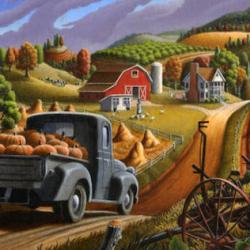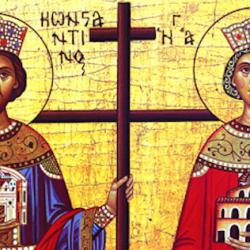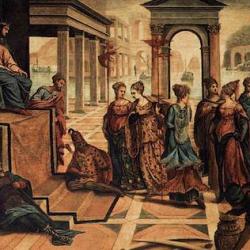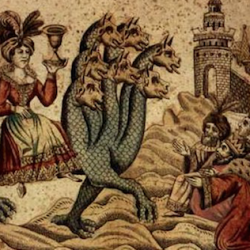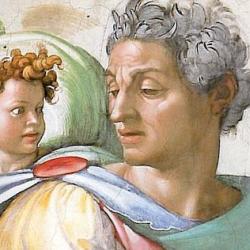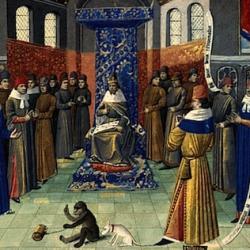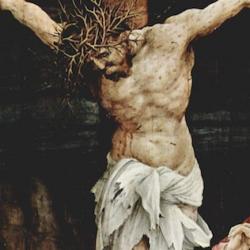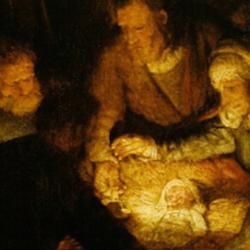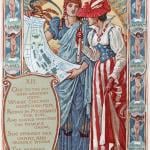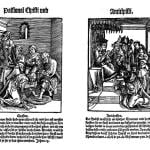In his forthcoming The Left Behind, Princeton sociologist Robert Wuthnow tries to penetrate past the headlines and stereotypes to discover the truth about, his subtitle has it, decline and rage in rural America. Wuthnow didn’t drop into flyover country for a long weekend of hanging with local pundits at a bar. His study is based on extensive in-depth interviews with Americans in dozens of rural communities. A product of rural America himself, he wants to understand what drives and threatens... Read more

